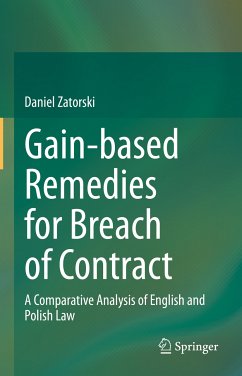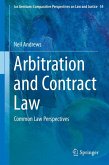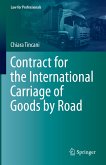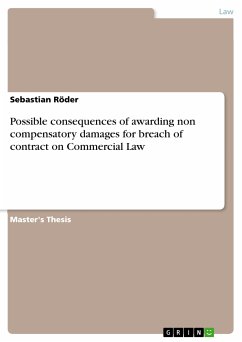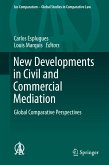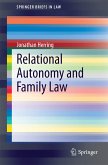This book analyses these principles through the lens of compensatory and restitutionary approaches. Moreover, it applies a comparative analysis of these approaches through the lens of the civil law jurisdiction in Poland.
Since the term 'compensation' is not a universal concept, the book distinguishes between two rationales in the compensatory analysis. The first, reparative compensation, is defined as a form of monetary recompense for loss or damage actually suffered. The second, substitutive compensation, represents a monetary equivalent to a right that a person has been deprived of or denied. Both rationales require the application of a broad notion of loss in order to make gain-based remedies workable in both English and Polish law.
In contrast, 'restitution' states that a person cannot be permitted to profit from their own wrongdoing. Based on this principle, the book argues that gain-based remedies could be applied under Polish law through the rules of unjust enrichment. However, in order to do so, a broader understanding of the subtraction prerequisite (the enrichment being at the aggrieved party's expense) would have to be adopted. The book concludes that unjust enrichment is a more natural way of implementing gain-based remedies in civil law jurisdictions.
Dieser Download kann aus rechtlichen Gründen nur mit Rechnungsadresse in A, B, BG, CY, CZ, D, DK, EW, E, FIN, F, GR, HR, H, IRL, I, LT, L, LR, M, NL, PL, P, R, S, SLO, SK ausgeliefert werden.

